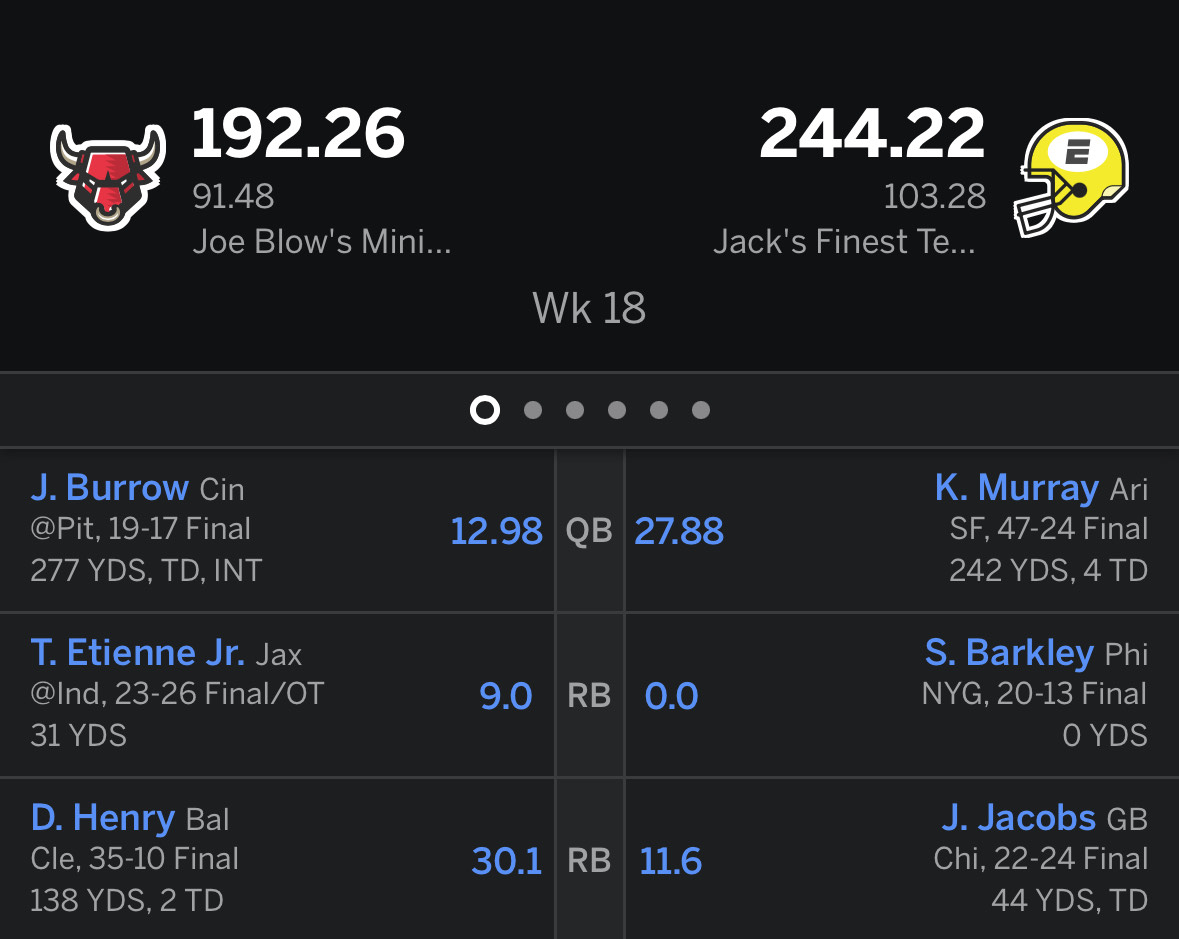After years of accusation and speculation, Lance Armstrong made his big reveal in a Jan. 17 interview with Oprah Winfrey on her show Oprah’s Next Chapter. In the everything-on-the-table interview, Armstrong solemnly answered Oprah’s frank questions, but for cyclists and athletes all around the word, that just doesn’t cut it.
The cancer survivor, Tour De France winner, father and public figure asked for forgiveness, but after years of vehemently denying drug use, forgiveness is something he doesn’t deserve.
“When I was diagnosed, that turned me into a fighter,” Armstrong said in his interview. “That was good, but I took that ruthless win-at-all-costs attitude into cycling, which was bad.”
In each of his seven Tour De France wins, Armstrong has admitted to using performance enhancing drugs that were popular during the 1990-2000 era.
All of Armstrong’s sponsors have stepped out, and the USDA issued him a lifetime ban from any event that is sanctioned by a governing body. In other words, no more organized competition.
For years there have been speculations about Armstrong’s drug use, and it is no big surprise that the rumors were true, but why is he finally admitting it now? Although denied by Armstrong, there is a chance that the USDA will lift his ban so that he can compete in triathlons.
“It might not be the most popular answer, but I think I deserve [to compete], maybe not right now,” Armstrong said in the interview. “I got a death penalty, meaning I can’t compete. I’m not saying it is unfair, but it is different.”
Armstrong may not feel that his punishment is fitting to his crimes, but many hurt followers believe that he should not get anything less.
He should not be allowed to compete. After cheating for years and lying about it, he does not deserve to feel the adrenaline, attention and excitement of competition again.
“Personally I don’t think that he should be allowed to compete in ITU sanctioned triathlons,” said Dan Pereles, a local orthopedist, sports doctor and tri-athlete. “He is a 41-year old exceptional athlete who would do well, but hasn’t he taken the world for more than enough of a ride?”
However, this controversy is not all about Armstrong. It includes cycling as a whole. It is a well-known fact now that blood doping was common in the late 1990s and early 2000s. Armstrong is supposedly trying to clean up the sport, but all he has done is bring it negative attention.
Armstrong is a public figure, and he created a bad image of professional cyclists and the culture of cycling by viciously attacking people who told the truth.
To give Armstrong the glory of racing, whether on a bike, in water or on land would be wrong after all the damage he has done to his sport and the people close to him. He finally did something right in coming clean, but he should still never compete, because above all else, he owes the world of sports a chance to forget.







